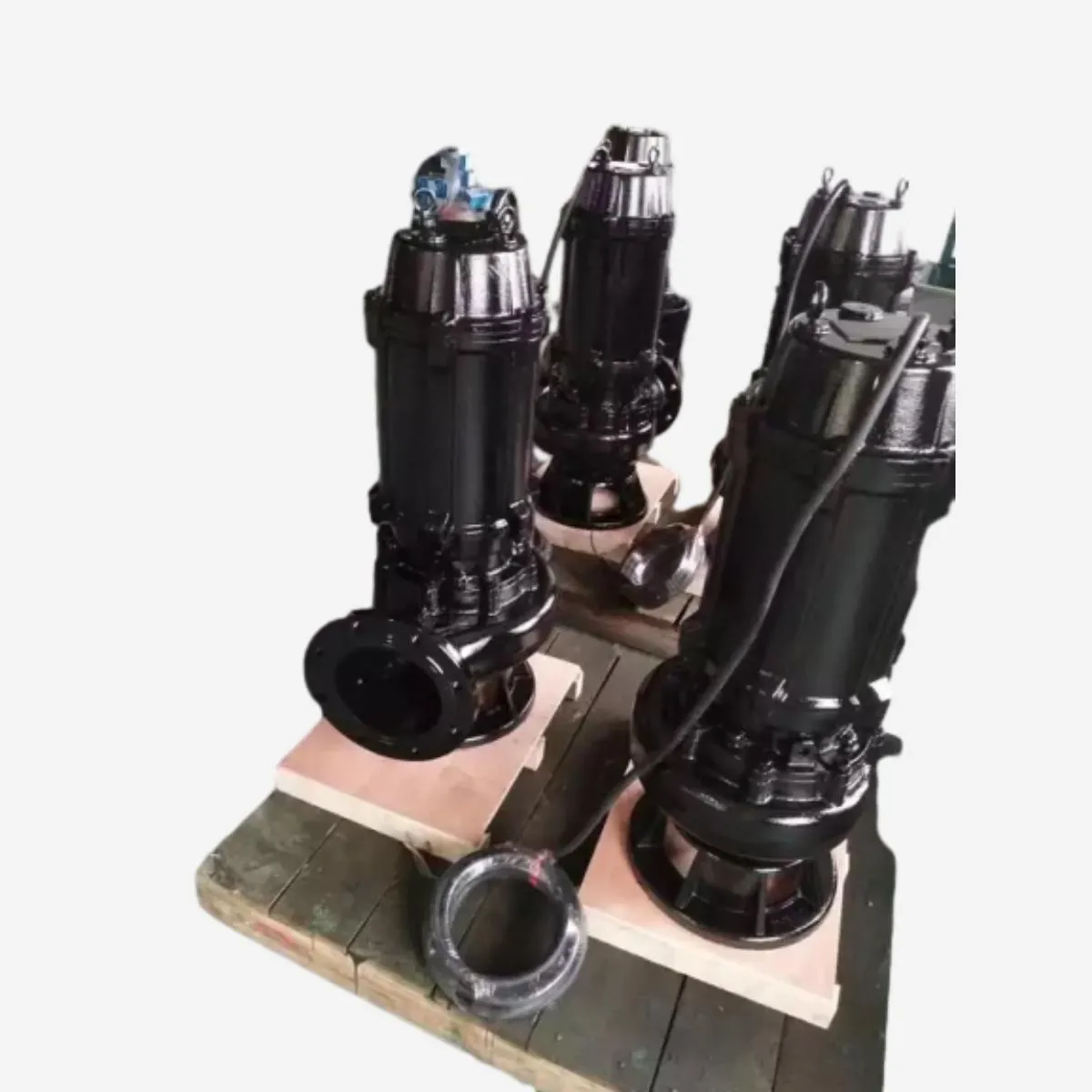English
- Afrikaans
- Albanian
- Amharic
- Arabic
- Armenian
- Azerbaijani
- Basque
- Belarusian
- Bengali
- Bosnian
- Bulgarian
- Catalan
- Cebuano
- Corsican
- Croatian
- Czech
- Danish
- Dutch
- English
- Esperanto
- Estonian
- Finnish
- French
- Frisian
- Galician
- Georgian
- German
- Greek
- Gujarati
- Haitian Creole
- hausa
- hawaiian
- Hebrew
- Hindi
- Miao
- Hungarian
- Icelandic
- igbo
- Indonesian
- irish
- Italian
- Japanese
- Javanese
- Kannada
- kazakh
- Khmer
- Rwandese
- Korean
- Kurdish
- Kyrgyz
- Lao
- Latin
- Latvian
- Lithuanian
- Luxembourgish
- Macedonian
- Malgashi
- Malay
- Malayalam
- Maltese
- Maori
- Marathi
- Mongolian
- Myanmar
- Nepali
- Norwegian
- Norwegian
- Occitan
- Pashto
- Persian
- Polish
- Portuguese
- Punjabi
- Romanian
- Russian
- Samoan
- Scottish Gaelic
- Serbian
- Sesotho
- Shona
- Sindhi
- Sinhala
- Slovak
- Slovenian
- Somali
- Spanish
- Sundanese
- Swahili
- Swedish
- Tagalog
- Tajik
- Tamil
- Tatar
- Telugu
- Thai
- Turkish
- Turkmen
- Ukrainian
- Urdu
- Uighur
- Uzbek
- Vietnamese
- Welsh
- Bantu
- Yiddish
- Yoruba
- Zulu
Telephone: +86 13120555503
Email: frank@cypump.com
Nov . 21, 2024 20:28 Back to list
chemical resistant sump pump
Understanding Chemical Resistant Sump Pumps Essential Solutions for Challenging Environments
In various industrial and commercial settings, maintaining proper water drainage is crucial to ensure safety, efficiency, and environmental compliance. This necessity has led to the widespread use of sump pumps, specifically designed to handle excess water in pits or low-lying areas. Among the different types available, chemical resistant sump pumps stand out as essential equipment for operations involving hazardous or corrosive liquids.
What are Chemical Resistant Sump Pumps?
Chemical resistant sump pumps are specialized devices engineered to handle fluids that are chemically aggressive, such as acids, bases, solvents, and other corrosive substances. These pumps are constructed from durable, non-reactive materials capable of withstanding the wear and tear associated with such liquids. Important materials used in the construction of these pumps include stainless steel, thermoplastics, polypropylene, and other resistant alloys.
Applications
The applications for chemical resistant sump pumps are diverse and span across multiple industries
1. Chemical Manufacturing Factories that produce or utilize chemicals need effective drainage systems to prevent contamination and ensure worker safety. Chemical resistant pumps help manage spills and overflow from storage tanks and processing equipment.
2. Wastewater Treatment In wastewater treatment facilities, removal of harmful and corrosive substances is a regular task. These pumps are integral to maintaining system operations and protecting infrastructure.
3. Marine and Offshore Operations Ships and offshore rigs often deal with oily or chemical-laden water that requires swift and safe removal. Sump pumps designed for chemical resistance are vital to these settings.
4. Environmental Cleanup In the event of chemical spills or environmental hazards, chemical resistant sump pumps can facilitate the effective removal of hazardous liquids, ensuring compliance with environmental regulations.
Key Features
chemical resistant sump pump

When selecting a chemical resistant sump pump, several key features should be considered
1. Materials of Construction Ensure that the pump is made from materials suitable for the specific chemicals it will encounter. High-quality thermoplastics or stainless steel are common choices for their endurance and resistance.
2. Pump Design Submersible vs. Non-Submersible – Submersible pumps operate underwater and are often preferred for confined spaces, while non-submersible options can be better suited for larger areas.
3. Flow Rate The pump’s capacity to move fluid is crucial, as it directly affects efficiency in pumping out water. Evaluating the required flow rate based on the anticipated volume is vital.
4. Motor Rating Depending on the viscosity and density of the chemicals handled, a pump’s motor rating will determine whether it can effectively perform its task.
5. Safety Features Look for models equipped with thermal overload protection, automatic shut-off systems, and other safety mechanisms to prevent accidents and malfunction.
Maintenance Considerations
To ensure the longevity and reliability of chemical resistant sump pumps, regular maintenance is essential. This includes routine inspections for wear and tear, cleaning the pump and its components, checking for blockages, and verifying that safety systems operate correctly. Furthermore, any signs of corrosion or degradation should be addressed immediately to avoid pump failure.
Conclusion
In summary, chemical resistant sump pumps play a vital role in industries that deal with hazardous materials. They not only protect the environment and workplace safety but also enhance operational efficiency. By selecting the right pump for your specific applications and adhering to maintenance best practices, you can ensure that these systems function effectively, mitigating risks associated with chemical handling and drainage. Investing in high-quality chemical resistant sump pumps is essential for any business that wants to prioritize safety and compliance in their operations.
-
Horizontal Split Case Pump with GPT-4 Turbo | High Efficiency
NewsAug.01,2025
-
ISG Series Pipeline Pump - Chi Yuan Pumps | High Efficiency, Durable Design
NewsAug.01,2025
-
Advanced Flue Gas Desulfurization Pump with GPT-4 Turbo | Durable & Efficient
NewsJul.31,2025
-
ISG Series Vertical Pipeline Pump - Chi Yuan Pumps | Advanced Hydraulic Design&Durable Construction
NewsJul.31,2025
-
ISG Series Vertical Pipeline Pump - Chi Yuan Pumps | Energy Efficient & Low Noise
NewsJul.31,2025
-
pipeline pump - Chi Yuan Pumps Co., LTD.|High Efficiency&Low Noise
NewsJul.31,2025










